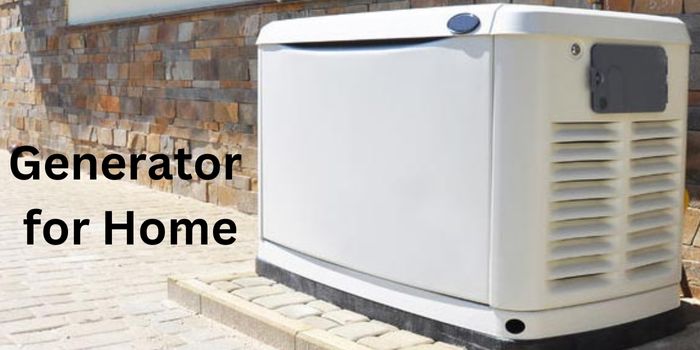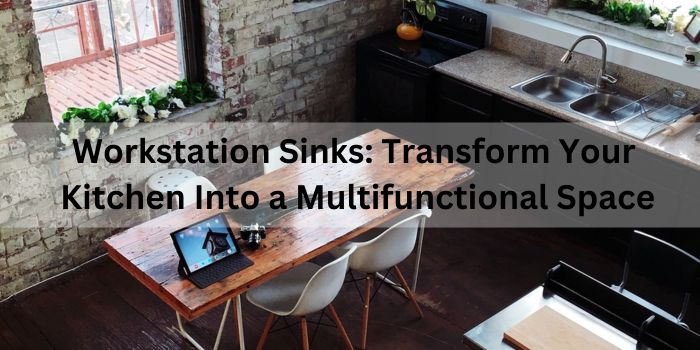When it comes to powering your home during a power outage, a generator can be a lifesaver. But with so many different sizes and models to choose from, figuring out what size generator is right for your home can be a daunting task. While it’s always a good idea to consult with a licensed electrician for a more accurate assessment before making a purchase, having a basic understanding of your home’s power needs can help you get started on the right path. In this article, we’ll explore the different factors that can impact your generator’s size requirements
Factors To Consider When Choosing A Generator For Your Home
Before you shop for a generator for your home, make sure to consider the following factors;
Power requirements
Firstly, you’ll need to clearly understand your power needs (the amount of power your home needs to function optimally). You can start by itemizing the key appliances, equipment, and devices that need to stay up and running in the event of a power outage. Once you’ve got this information, add up the power requirements for all the appliances, devices, and others to get the combined wattage. This will give you an idea of the amount of power your generator needs to produce.
Take note that if you choose a generator that is too small to meet your needs, it won’t be able to power all the necessary appliances and devices. On the other hand, too large generators may be unnecessarily expensive and inefficient. To avoid this, make sure to get your power requirements estimation right.
Preferred Fuel Type
Another important consideration when choosing a generator is the type of fuel it uses. Generators can run on a variety of fuels, such as diesel, propane, or natural gas. Diesel generators are widely available and are one of the most preferred generators. This is because they provide efficient power and can run for longer periods than other fuels. Diesel generators are also generally more reliable than other types of generators and require less maintenance.
Natural gas generators are a great option for homeowners who have a natural gas line connected to their homes. This type of generator is more environmentally friendly as natural gas is a cleaner-burning fuel than diesel. If you’d prefer a much cleaner fuel generator, a propane generator will be a perfect choice.
However, before choosing a preferred fuel type, make sure to consider a variety of factors, such as the availability and cost of fuel in your area, the amount of power you need, and many more.
Noise Level
Generators can be loud, so it’s important to choose one that is as quiet as possible, particularly if you have neighbors. Look for generators that are designed to be quieter or have sound-dampening features. Keep in mind that diesel generators are usually heavy duty, and they tend to make more noise. Natural gas generators, on the other hand, run more quietly and might be a good choice for homeowners who want to avoid the noise.
Runtime
The runtime of a generator is another crucial factor to consider. Runtime refers to the amount of time it’ll take the generator to stay running before requiring refueling. In general, it’s best to choose a generator that can run for a long time without needing to be refueled. This is especially important if you live in an area where outages can last for several days.
When considering the runtime of a generator, it’s important to look at both the fuel capacity of the generator and its fuel efficiency. A generator with a larger fuel capacity may be able to run for a longer time, but if it’s not fuel efficient, it may still require more frequent refueling. So make sure to choose a good capacity generator that runs efficiently.
Overall costs
When considering the cost of a generator, you’ll want to consider both the upfront cost of the generator as well as ongoing costs, such as fuel and maintenance. If a generator has a higher upfront cost but requires less refueling, less maintenance, and lasts longer, it may be a good choice for your home as long as it meets your power requirements. The key to choosing a cost-effective generator is to consider the long-term cost rather than solely consider the upfront cost.
Other factors to consider include the generator installation; does it require professional installation or the installation can be handled by a novice; the maintenance practice, and many more. Keep in mind that careful consideration of these factors will guide you in choosing the perfect generator for your home.




